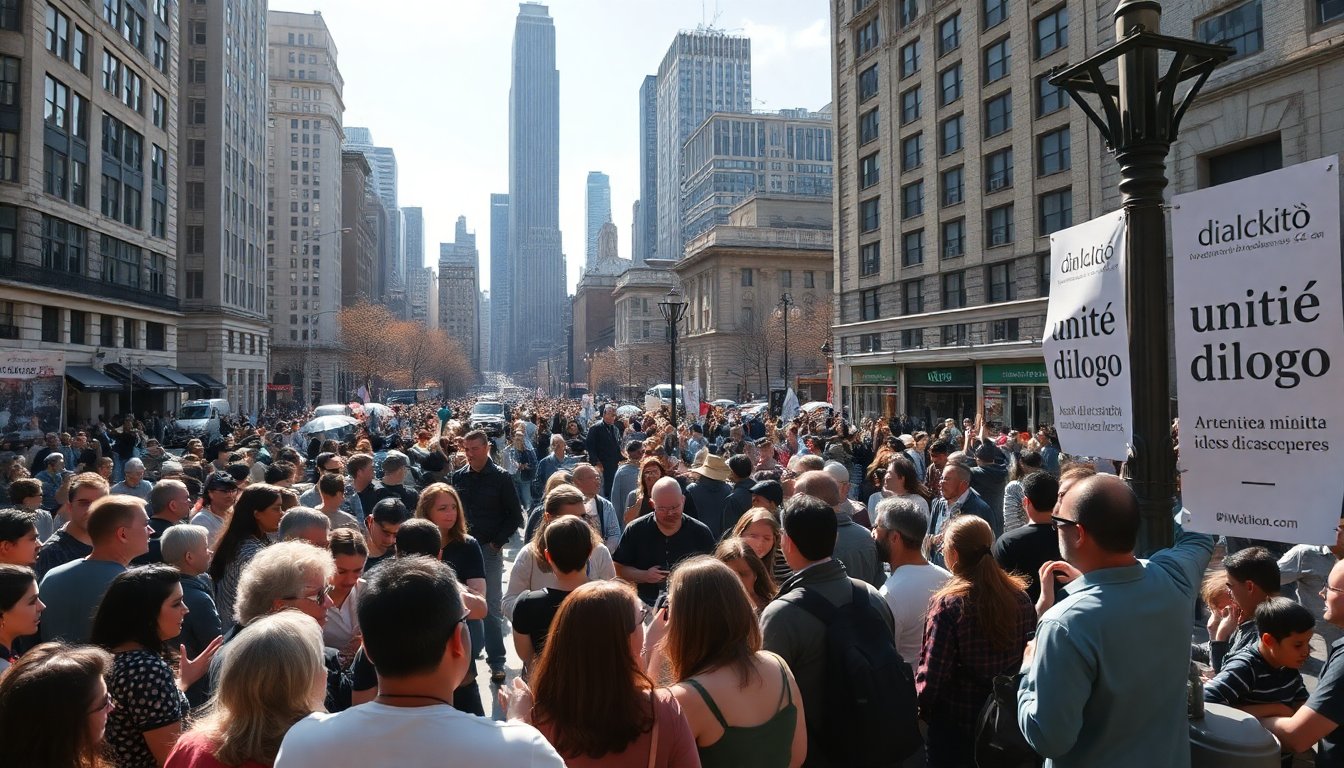Table of Contents
The recent electoral victory of Zohran Mamdani in New York has sparked intense discussions within the Jewish community. Many are grappling with the implications of this outcome, particularly given Mamdani’s well-documented associations with individuals known for anti-Semitic sentiments. This situation not only raises concerns about the political landscape but also highlights the shortcomings of established Jewish organizations in addressing these threats.
New York stands as a city with one of the largest Jewish populations outside of Israel, making the fallout from this election particularly resonant. The failure of local Jewish leaders to adequately anticipate and counter Mamdani’s rise to prominence has prompted calls for reflection and reevaluation of strategies to safeguard Jewish interests.
Failures of Jewish leadership in response to rising anti-Semitism
As the political climate shifts, the reaction of Jewish organizations has been less than effective. For instance, the Jewish Community Relations Council of New York has, in recent years, aligned itself with a number of progressive politicians, including Congresswoman Alexandria Ocasio-Cortez, whose stances have raised eyebrows among many in the Jewish community. In contrast, the council has sharply criticized figures from the political right, such as former President Donald Trump, for his immigration policies.
The Anti-Defamation League (ADL), once a pillar of strength for combating anti-Semitism, has also faced scrutiny. Its recent efforts have been perceived as overly partisan, focusing solely on anti-Semitic actions from the right while neglecting a growing concern on the left. Reports from various researchers indicate that educational initiatives from the ADL have inadvertently led to increased anti-Jewish sentiments among participants.
Shifting perspectives on anti-Semitism
Historically, the Jewish community has worked tirelessly to combat prejudice and bigotry. However, there has been a troubling trend where advocacy for diversity and inclusion has overshadowed the very real threats posed by anti-Semitism. The Konseptsiya, a term used to describe an idealistic worldview that blinds one to imminent dangers, has become a relevant concept for New York’s Jews as they reflect on their current situation.
The recent election results serve as a wake-up call, urging Jewish leaders and organizations to reassess their priorities and strategies. To navigate this complex landscape, it’s vital for these groups to foster accountability and seek new alliances that are not strictly bound to traditional political affiliations.
Emerging opportunities amidst challenges
Amidst the concerns, there is a silver lining. The Jewish community in New York has demonstrated remarkable resilience and unity in response to the election outcome. In a show of solidarity, over 850 rabbis came together to denounce Mamdani’s views, highlighting a collective commitment to addressing anti-Semitism head-on.
This mobilization reflects a shift in the community’s focus—moving away from fear and towards a celebration of Jewish identity. As many individuals take pride in their heritage, adorned with symbols such as the Star of David, the community is redefining what it means to live as proud Jews in today’s society.
Accountability and a call for change
The essence of this moment lies in the demand for greater accountability from leadership within the Jewish community. As they grapple with the implications of Mamdani’s victory, there is a pressing need for organizations to adapt and evolve. By embracing a proactive stance, they can forge alliances that transcend partisan lines and ensure that Jewish voices are heard in discussions around social justice and community engagement.
As the community navigates these turbulent waters, it is crucial to remember that the challenges posed by figures like Mamdani can be met with unity and a renewed sense of purpose. The Jewish community has faced more formidable adversaries in the past, and this moment can serve as a catalyst for strengthening communal ties and advocating for a just society.


